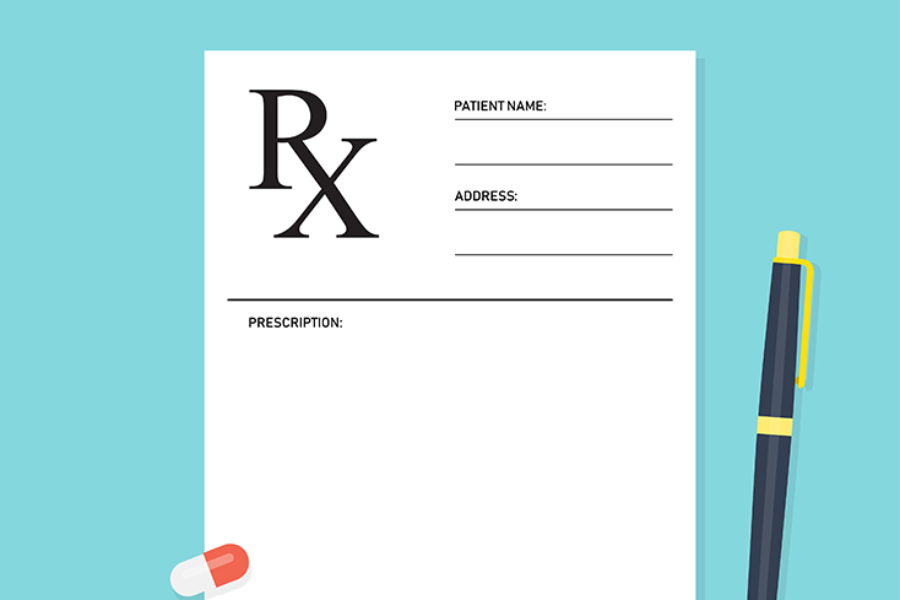By Ken Duckworth, M.D.
Our team at NAMI remains focused on access to the best care, so we’re sharing information on changes to how the medication, clozapine, is prescribed and dispensed.
Clozapine is an effective medication, and the only one that is Food and Drug Administration (FDA) approved for treatment-resistant schizophrenia. Clozapine also reduces the risk of suicide for people with schizophrenia or schizoaffective disorder. It’s an important tool for treatment, and individuals who take clozapine report significant improvements in their symptoms. This means a lower need for hospitalization, and a meaningful improvement in quality of life.
Clozapine offers many benefits, but as with any medication, there are potential risks. One of those risks is a rare side effect of a loss of white blood cells, which are vital in helping the body fight infection. Prescribers and pharmacists monitor this risk using a system called the Clozapine REMS Program, and this system is now undergoing a major change which could affect those who take this medication.
The goal of this change is to simplify the reporting system for prescribers and, in turn, make it easier for pharmacists to dispense the medication.
NAMI invited our colleagues from SMI Adviser, an initiative funded by SAMHSA and administered by the American Psychiatric Association, to share the latest information regarding this change. We thank them for their collaborative efforts to help prescribers and pharmacists adjust to the new system and avoid disruption in treatment for those who rely on clozapine to manage their mental health condition.
From SMI Adviser:
Any hiccups in access to medication can create serious issues for patient care. That’s why we created a new guide that helps prescribers and pharmacists navigate recent changes to the Clozapine REMS Program. We also created a guide for individuals and families who may be impacted by the system updates. These guides are a collaboration between NAMI and SMI Adviser, a national program funded by SAMHSA and administered by the American Psychiatric Association.
The goal of the Clozapine REMS Program is simple. It helps make sure that the benefits of taking this medication outweigh the risks for each person who takes it. And since 2015, the system has worked to fulfill that purpose. However, in July 2021, the FDA approved changes to the system. The changes went into effect on Nov. 15, 2021.
These changes require action from anyone who prescribes or dispenses clozapine. You must take a series of steps on behalf of yourself and any patients in your care who are on clozapine.
We strongly urge you to access the new guide, which provides detailed guidance on what you need to do in order to:
-Recertify to prescribe clozapine
-Reenroll your patients to receive it
-Recertify your pharmacy to dispense it
If you have questions, that’s okay. SMI Adviser offers other resources that you may find helpful as you process these changes. You can access these free resources at any time:
-Submit your questions and we will directly answer them within one business day.
-The Clozapine and LAI Centers of Excellence Exchange is an interactive community you can use to share ideas, ask questions, compare notes and network with colleagues across the country.
-The Clozapine Center of Excellence lets you access education and resources to help guide clinical decisions around clozapine.
After reading the guide for individuals and families, those who include clozapine in their treatment plan may have additional questions. We encourage you to talk to your prescriber, as well as your pharmacy, to help reduce the potential for interruption in treatment. Communication with your treatment team is always a key part of self-care, and this is an important opportunity to build on it.
We hope that you find this information useful. It’s critical to ensure access to this lifesaving medication for those who need it.
Ken Duckworth, M.D., is NAMI’s Chief Medical Officer.
Source: https://nami.org/Blogs/NAMI-Blog/December-2021/Recent-Changes-May-Affect-Access-to-an-Important-Medication




